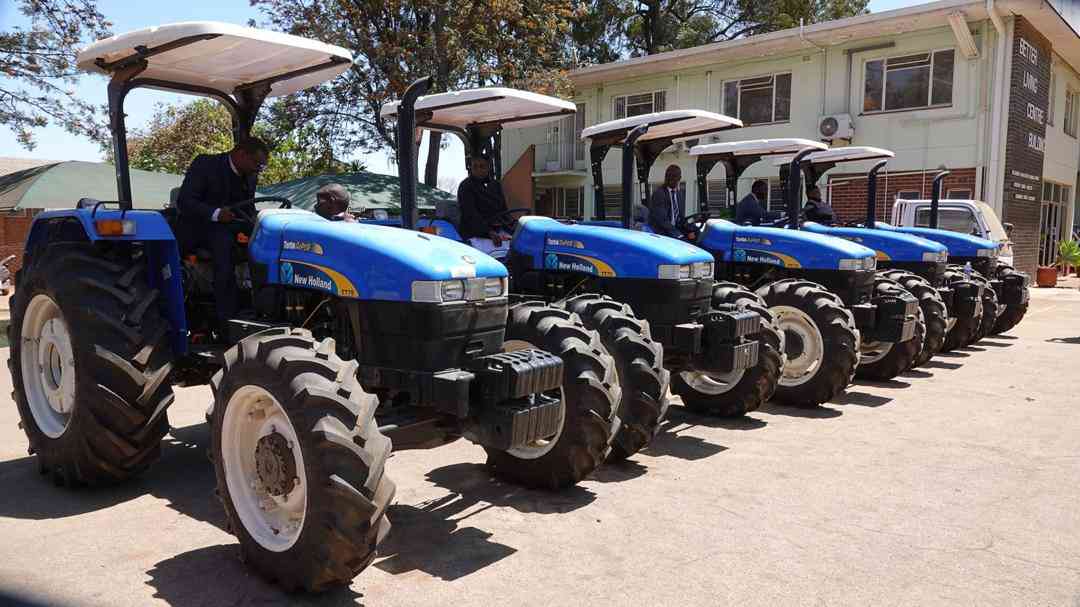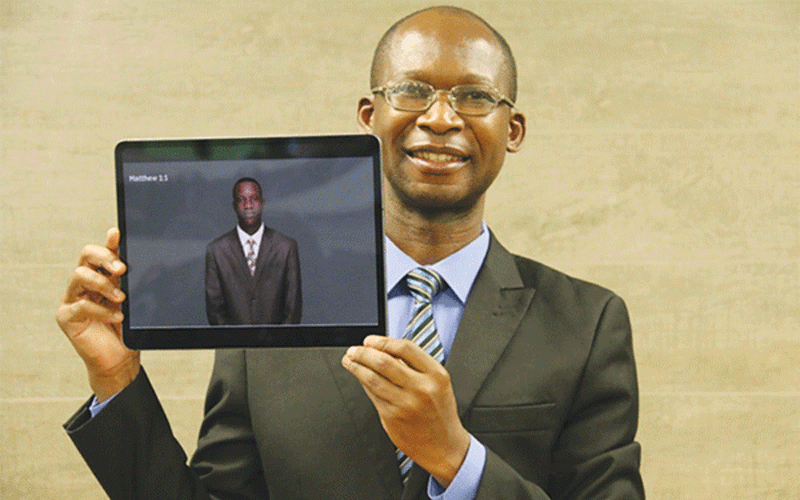
In a landmark initiative aimed at transforming the educational and agricultural landscape in Matabeleland, Bridging the Gap Foundation, led by prominent businessman Kudakwashe Tagwirei and his wife Sandra, has donated 17 tractors to schoolsunder the Seventh Day Adventist Zimbabwe West Union Conference.
This ambitious project is set to bolster the region’s capacity for sustainable agricultural practices while simultaneously improving the quality of education.
The beneficiaries of the donation include schools within both the West and South Conferences, which will receive the equipment as part of an ongoing effort to support educational projects that struggle to survive on tuition fees alone.
The initiative is aligned with the United Nations Sustainable Development Goals (SDGs), particularly those related to ending poverty, ensuring quality education, and promoting sustainable agriculture (SDGs 1, 2, and 4).
Bridging the Gap Between Education and Agriculture.
At a ceremonial handover held at the Union's offices, five of the tractors were officially presented to four key schools in the Matabeleland region: Gonye Adventist Primary School in Nkayi, Shashane Adventist High School in Kezi, Nemane Adventist High School in Tsholotsho, and Bulawayo Adventist High School.
The equipment, which includes not only tractors but also essential farming implements like harrows, trailers, and boom sprays, is expected to revolutionize how these schools approach self-sufficiency and agricultural education.
“This donation is not just about providing tractors,” explained Dr. Blessing Nyahuma, Executive Director of Bridging the Gap Foundation.
“It’s about ensuring that schools have everything they need—from inputs to technical training—to be self-reliant. Our vision is to see these schools become pillars of sustainability within their communities, capable of generating income and reducing the financial burden on parents.”
A Model of Sustainable Development
This initiative follows a broader global trend of integrating agriculture into educational curriculums as a means of fostering sustainable development.
According to a report by the Food and Agriculture Organization (FAO), school-based agricultural projects can significantly contribute to food security and rural development, especially in regions like Matabeleland that face economic hardships.
The emphasis on sustainability is a core part of the Bridging the Gap Foundation’s mission.
"We want to ensure that education in Zimbabwe, especially in rural areas, goes beyond the classroom,” stated Dr. Khumbulani Ndlovu, President of the Zimbabwe West Union Conference.
“These tractors and the accompanying agricultural support will empower schools to not only teach agricultural practices but also to generate income, alleviating the financial pressure on struggling parents while improving the overall quality of education.”
Long-Term Impact on Education
The donation is not the first time the foundation has stepped up to assist Zimbabwean educational institutions.
Bridging the Gap Foundation has been a pivotal partner for Solusi University, where it has provided financial support to pay lecturer allowances and helped expand the university’s farming operations.
This ongoing support allows Solusi to continue operating sustainably while generating income for future projects.
A Step Towards Self-Reliance
With Zimbabwe facing economic challenges, the move towards self-sustaining educational institutions is crucial.
The tractors and farming equipment donated by Bridging the Gap Foundation represent more than just a short-term fix; they are part of a long-term strategy to empower schools to become financially independent, echoing national goals for sustainable development.
In a region where both agricultural and educational resources are often strained, this donation stands as a beacon of hope, with the potential to transform not just schools but entire communities.
The tractors will enable the schools to run farming projects that contribute to school revenues, feed students, and even sell surplus to local markets—creating a self-sustaining cycle of growth and development.







